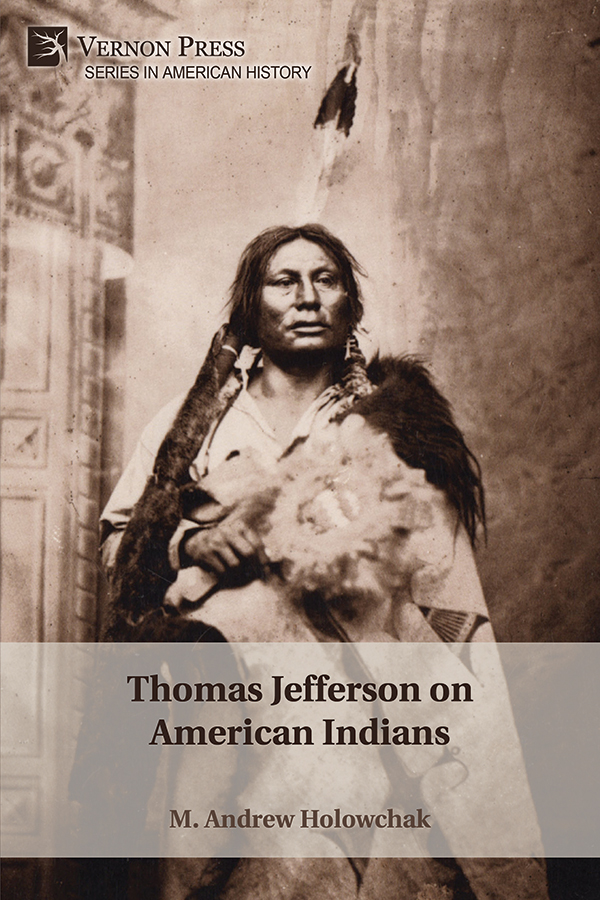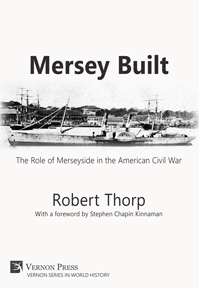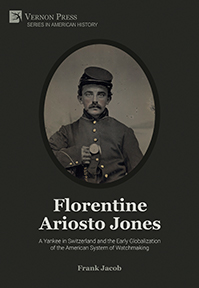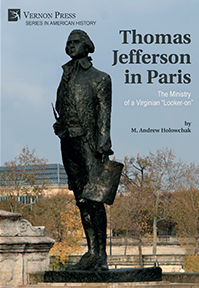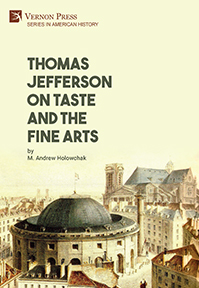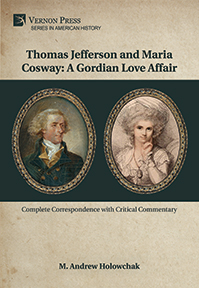Purchase this book
(click here to change currency)
Jefferson’s views on Indians were characterized by ambivalence. Jefferson both loved and hated Native Americans, because he loved Native Americans. Jefferson was, through his father Peter, exposed early on and directly, though likely infrequently, to mysterious but congenial Indigenes, and he came to respect profoundly their courage, physical endurance, artistry, integrity, and most importantly, their large love of liberty, even if they were “uncivilized.” So impressed by Indians culture was Jefferson that he made their nature and culture objects of study in his ‘Notes on Virginia.’
Though uncivilized, Indians showed marked signs of being readily civilizable. Thus, Jefferson, qua politician and philosopher, hoped that they would mix their blood with Whites and become part of what he saw as a great American “empire for liberty.” Miscegenation meant integration, willful or by force, into American culture and abandonment of Aboriginal ways and their radically different way of seeing the land upon which they lived, which Natives could only grudgingly accept. Was Jefferson’s Indian policy, though guided by true concern for their wellbeing, genocidal? This book ultimately aims to answer that question.
List of Figures
List of Tables
Preface
PART I. The Nature & Culture of Indians
Chapter 1 The Enlightenment & the Science of Race
Chapter 2 Jefferson’s Bout with Buffon & Raynal
Chapter 3 Cataloging the Tribes of Indians
Chapter 4 The “Laws” of Indians
Chapter 5 The Languages & Origins of Indians
Chapter 6 The Morality and Aesthetic Sensitivity of Indians
Chapter 7 A Dig into an Indian Burial Mound
PART II. Thomas Jefferson’s Indian Policy
Chapter 8 British & Early American Indian Policy
Chapter 9 Philosophical Interlude
Chapter 10 Thomas Jefferson’s Indian Policy in Gist
Chapter 11 Jefferson’s Indian Policy in Praxis
Chapter 12 Indians in Jefferson’s “Empire for liberty”
Chapter 13 American Indian Policy after Jefferson
Appendix
Index
M. Andrew Holowchak, Ph.D., is a professor of philosophy and history, who taught at institutions such as University of Pittsburgh, University of Michigan, and Rutgers University, Camden. He is author/editor of some 70 books and nearly 350 published essays, formal and informal, on topics such as ethics, ancient philosophy, science, psychoanalysis, and critical thinking. His current research is on Thomas Jefferson—he is acknowledged by many scholars to be the world’s foremost authority—and has published over 225 essays, formal and informal, and 28 books on Jefferson. He also writes on Ukraine. He has authored 'Whisk of the Red Broom: Stalin and the Ukraine, 1928–1933', 'Michael Chemny: Expatriated Ukrainian Patriot', and 'The Oath.' He has a passion for gardening and enjoys lifting weights (former Michigan superheavyweight powerlifting champion), bike riding, conferencing, and talking about Thomas Jefferson and historiography.
Native Americans, Thomas Jefferson, Indian nature, Indian culture, US Indian policy
Subjects
History
Series
Series in American History
Related services
Find in a library near you Download HQ cover Find in Bookshop.org Find this title in AmazonSee also
Bibliographic Information
Book Title
Thomas Jefferson on American Indians
ISBN
979-8-8819-0139-4
Edition
1st
Number of pages
236
Physical size
236mm x 160mm

